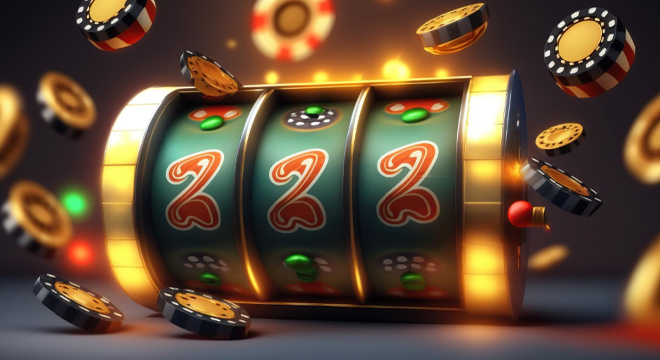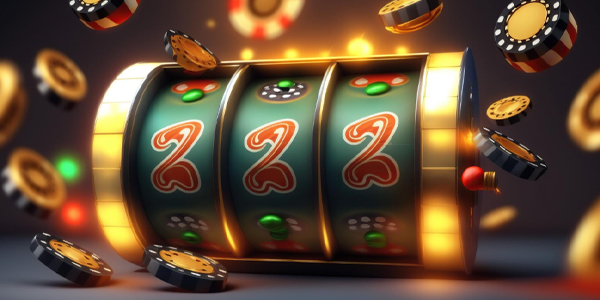
Both sweepstakes and lotteries give people the opportunity to win prizes in a random drawing. However, despite sharing this common characteristic, they are pretty different in how they’re organized, how they draw the winner/s, and whether they’re legal to run at all! Everything you need to know about sweepstakes, lotteries and the difference between illegal lotteries and legit sweepstakes is outlined below. Let’s get going:
What Are Sweepstakes?
Sweepstakes are campaigns generally used as a marketing tool that arranges for prize giveaways, where the winners are determined based on chance. No payment, purchase, or other consideration is permitted to enter a sweepstakes contest. What exactly is a consideration? Well, anything of monetary or non-monetary value that you are asked to give up participating in a prize draw is called consideration.
Some US states even regard asking for your contact information as an element of consideration since it can be used for marketing purposes. However, the best sweepstakes casinos in the USA ensure that there is no factor of consideration required to take part in their contests, making them completely free to enter. These sweepstakes offer a wide range of exciting prizes, varying from coffee mugs and t-shirts to even more substantial rewards like cars, houses, and extravagant sums of cash.
What Are Lotteries?
A Lottery must involve a purchase, payment, or some other consideration — that is, the participants have to monetarily buy something such as a ticket — to gain entrance into the contest. These prize drawings that are purely based on chance are stringently regulated and are typically only legal if the government holds them.
Examples of popular lotteries are Mega Millions and Powerball in the United States and EuroMillions in various countries across Europe. It goes without saying that private lotteries are illegal. No matter where you are, it’s almost certain that you can’t run legal lottery contests as an individual. Furthermore, under federal law, US citizens can’t purchase a foreign lottery ticket or participate in a foreign lottery contest.
Sweepstakes vs Lotteries:
Since the US and many other countries have laws that declare private lottery contests as illegal lotteries, how are you supposed to organize your contests that hand out prizes (as a promotional tool)? The answer is sweepstakes! Let’s dive deep into what makes sweepstakes legit and different from illegal lotteries.
By law, a lottery is defined as a promotion that has all of these three elements: prize, chance, and consideration. Let’s describe these factors in a bit more detail:
- Prize: A prize is anything of value that the sponsor grants in a promotion. Any goods or services with a fiscal value or objects of inherent value are classified as valid prizes.
- Chance: Chance is the process that dictates the participants have no direct control over the determination of the contest outcome, and everyone taking part in the contest will have uniform and unbiased odds of winning the prize. Ultimately, luck must be the deciding factor.
- Consideration: As we’ve mentioned already, a consideration is anything that demands the participant to spend a monetary amount or substantial effort to participate. For example, purchasing a ticket, visiting a store or a website, correctly answering some quiz questions, downloading a promotional file, watching videos, or attending sales presentations may count as a consideration.
To avoid being categorized as an illegal lottery, a sweepstake must ensure that at least one of these three factors is neutralized. Since prizes and chance play a prominent role in sweepstakes contests, legitimate sweepstakes usually eliminate the factor of consideration. You will never have to pay money to participate in a legitimate sweepstakes contest — purchasing any related/unrelated product will not improve your odds of winning.
In fact, any sweepstake that asks you to make a payment to enter the contest is a scam. If a legitimate giveaway asks that you buy a product to enter, it is under a legal obligation to present a non-purchase entry method, which allows the people to participate without spending any money.
How To Identify Lottery Scams Disguised as Sweepstakes?
Every one of us, at some point, has purchased lottery tickets in hopes of winning a big prize. Who doesn’t daydream about getting loads of money, especially in exotic ways like winning foreign lotteries? That’s what the scammers use against us. They sell you the promise of a prize in exchange for some money or personal information. There are ways to tell you’re dealing with one to avoid falling prey to a scammer. The following are the three most telling signs of a prize scam:
- You have to pay to get your prize: In sweepstakes, the prizes are free! Therefore, if someone says that you have to pay a “processing fee” for shipping and handling charges or taxes and a “service fee” to get your prize, know that you have run into a scammer. Furthermore, don’t do it if they ask you to pay by sending cash, making the payment with online portals and gift cards, wiring money, or sending cryptocurrencies to get your prize. Scammers use these payment methods because of their hard-to-track nature, making it difficult to determine where the money went. Not to mention, it’s next to impossible to get your money back.
- They mention paying increases your odds of winning. A legit sweepstakes promotion is free, and winning is purely determined by a uniform chance. It’s against the law for someone to ask you to pay money to elevate your likelihood of winning. Only a scammer will do that. Additionally, anyone who offers “special” sweepstakes entries that affect your odds of winning is unquestionably trying to scam you.
- You have to give your financial information. Unequivocally, there’s no reason ever to provide financial information such as your bank account or credit card number to claim any prizes or have them charge the entry fee for a sweepstakes promotion. If they ask for any financial or personal information, don’t provide it. It’s a scam.
Official Rules for a Sweepstakes Solicitation Materials
In the US, each sweepstakes solicitation that contains information regarding entry materials must include a copy of the official rules for sweepstakes solicitation, as described by anti-lottery laws. The official rules must bear the statement: “NO PURCHASE OR PAYMENT OF ANY KIND IS NECESSARY TO ENTER OR WIN THIS SWEEPSTAKES.”
To add to that, this statement is legally obligated to be printed in capital letters. And, it must appear in a separate paragraph with a contrasting typeface that is not smaller than the largest typeface adopted in the text of the official rules. Meaning the font size used to print this statement can only be equal to or more than the maximum font size used in the entire solicitation and not smaller.
Also, the official rules must contain information concerning the dates on which the final winner/s are to be determined. As per anti-lottery laws, all the sweepstakes prize promotion rules must be visually clear and must be able to be consistently identified in any solicitation materials. The unambiguous drafting of the official rules so that they are as clear as possible is encouraged by federal law. It helps minimize both: the prospect of multiple conflicting interpretations and the potential damage to the organizer’s credibility.
